Trump says China ‘broke deal,’ repeats warning on tariffs
American President Donald Trump has repeated a warning to more than double tariffs on China, claiming that Beijing “broke” a supposed agreement on trade.
The US president made the comments at a campaign rally in Panama City Beach, Florida, on Wednesday night, a day before China’s top trade negotiator, Vice-Premier Liu He, visits the US for trade talks, and as the two sides have been locked in a year-long trade standoff.
On Sunday, Trump said that he would raise duties on 200 billion dollars of Chinese products from 10 to 25 percent beginning on Friday, reversing a decision he had made in February to retain them at 10 percent as the two sides made progress on trade talks.
Washington has accused Beijing of backtracking on the provisions of a draft trade accord the US considered settled.
“You see the tariffs we’re doing? Because they broke the deal... They broke the deal. So they’re flying in. The vice premier tomorrow is flying in, but they broke the deal. They can’t do that. So they’ll be paying,” Trump said at the rally.
He also warned that there was “nothing wrong with taking in 100 billion dollars a year” in duties on imports from China in the absence of a trade deal.
Beijing has already vowed to retaliate with “necessary countermeasures” if Washington raised the tariffs, escalating the persisting trade war between the two countries.
According to the Chinese Ministry of Commerce, Liu, also a Communist Party Politburo member, is flying to Washington on Thursday at the invitation of US Trade Representative Robert Lighthizer and Treasury Secretary Steven Mnuchin to hold fresh trade talks, which could be a pivotal round of the five-month-long intense negotiations.
“They come in tomorrow and whatever happens, don’t worry about it. It will work out. It always does,” Trump further said.
Washington expects Beijing to reduce the trade imbalance between the countries and implement structural changes in its practices concerning intellectual property and the transfer of US technology to Chinese firms.
The White House has also been seeking changes to the World Trade Organization (WTO) rules so that China’s access to markets in the West could come under stricter control. China and many of its trade partners, for their parts, have slammed the posture, saying any such reforms could only favor the US and lead to more protectionism in global trade.
While the US president portrays the tariffs as punishing China, experts believe American companies and consumers would be bearing the costs.
US military industry is major driver of global environmental destruction: IRGC deputy chief
Yemen’s Ansarullah warns of US, Israel soft war on West Asia nations
‘Decaying empires turn to savage control previously used abroad at home’
VIDEO | Myanmar votes in last and third phase of military-run election
Iranian pharmaceutical industry flourishing
Netizens react with outrage to another ICE murder in Minneapolis
VIDEO | Iran’s Emergency Medical Services suffered $2.14m in damage during riots: Director
Discover Iran: Hormozgan’s coastal villages blend sea, culture and community tourism





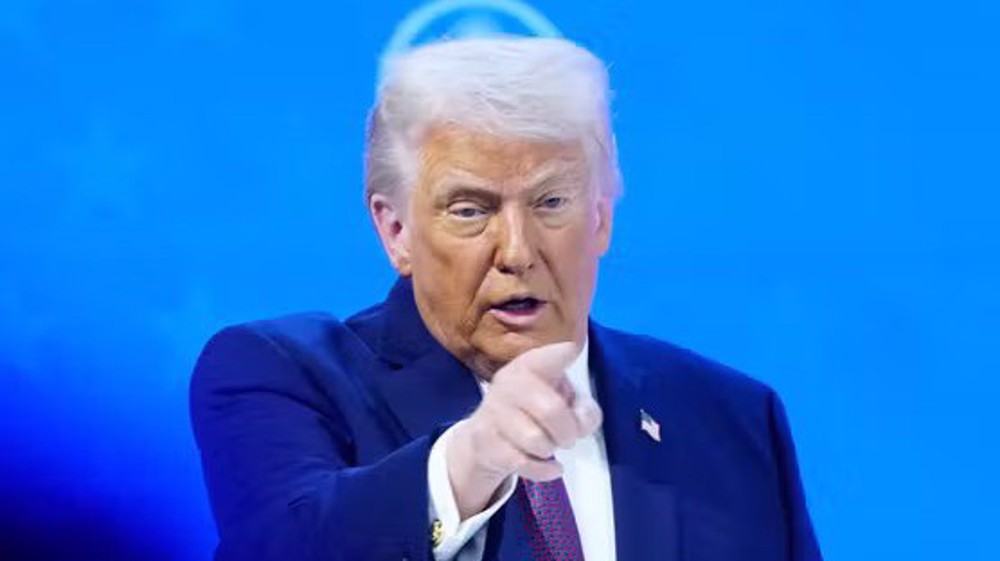
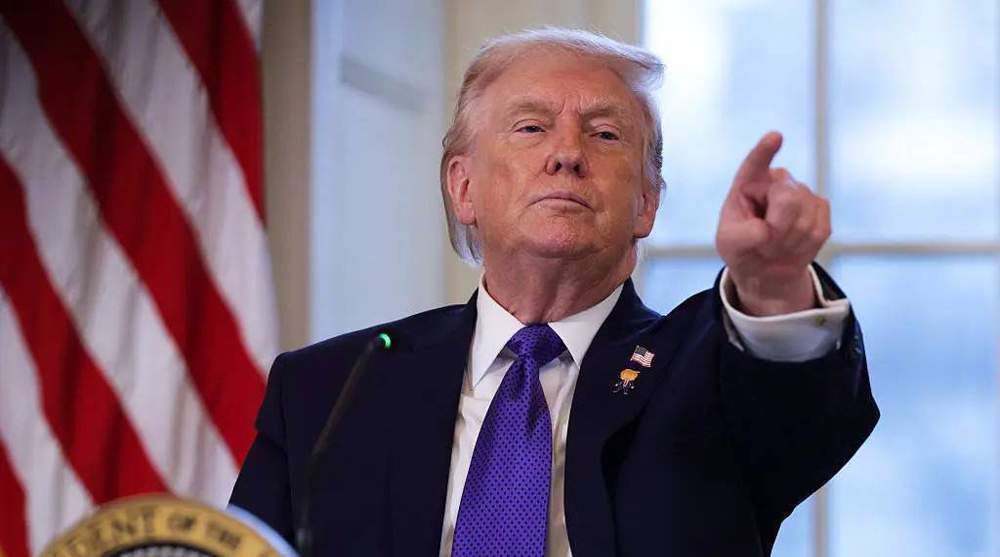
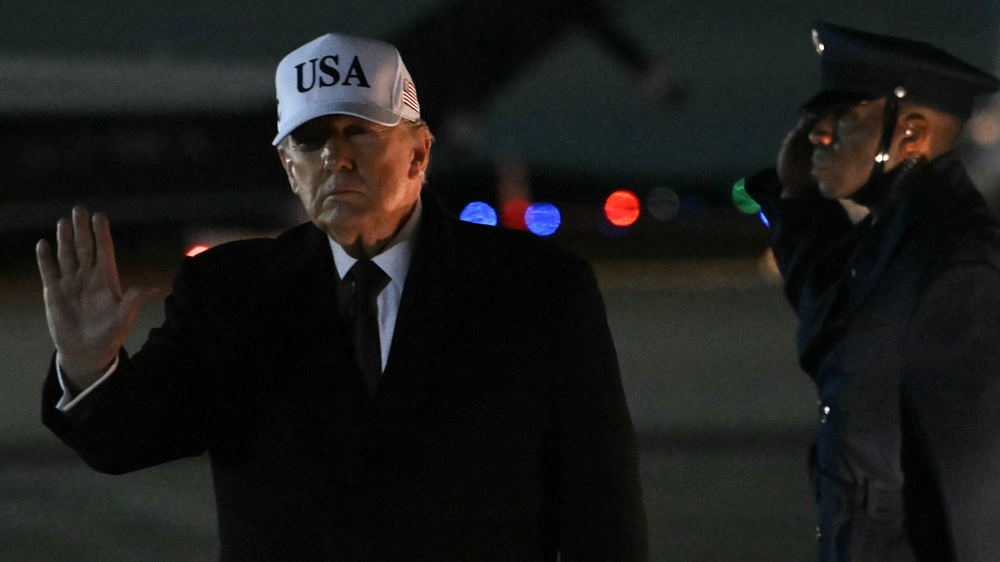




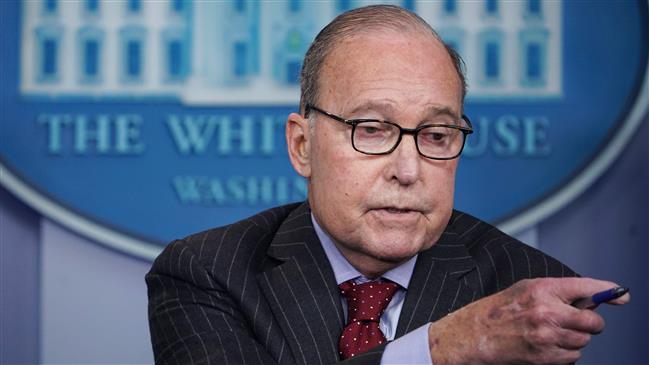
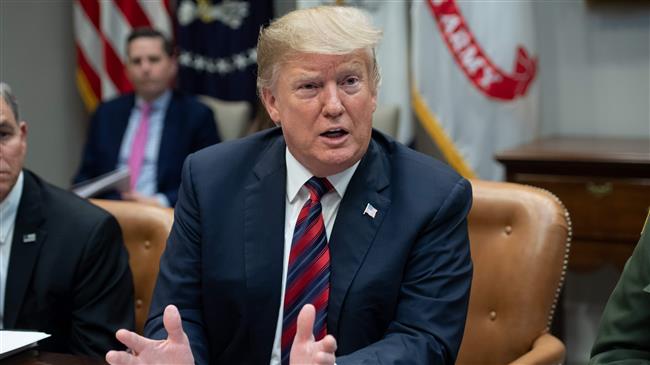
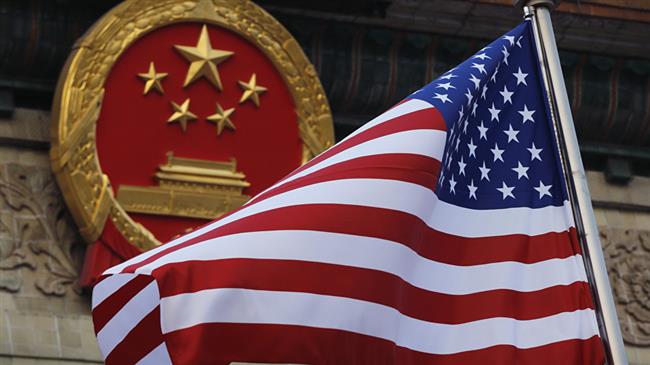

 This makes it easy to access the Press TV website
This makes it easy to access the Press TV website